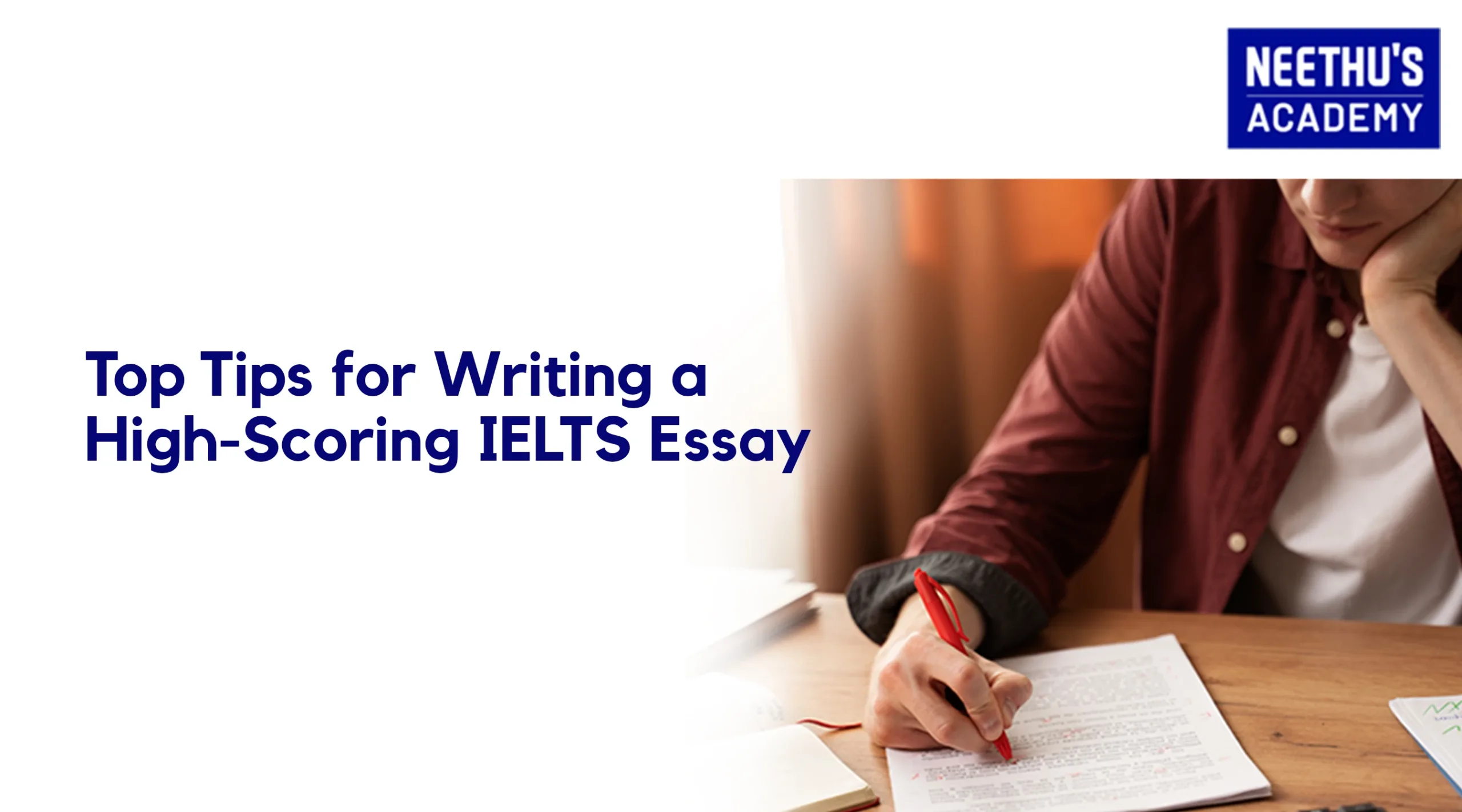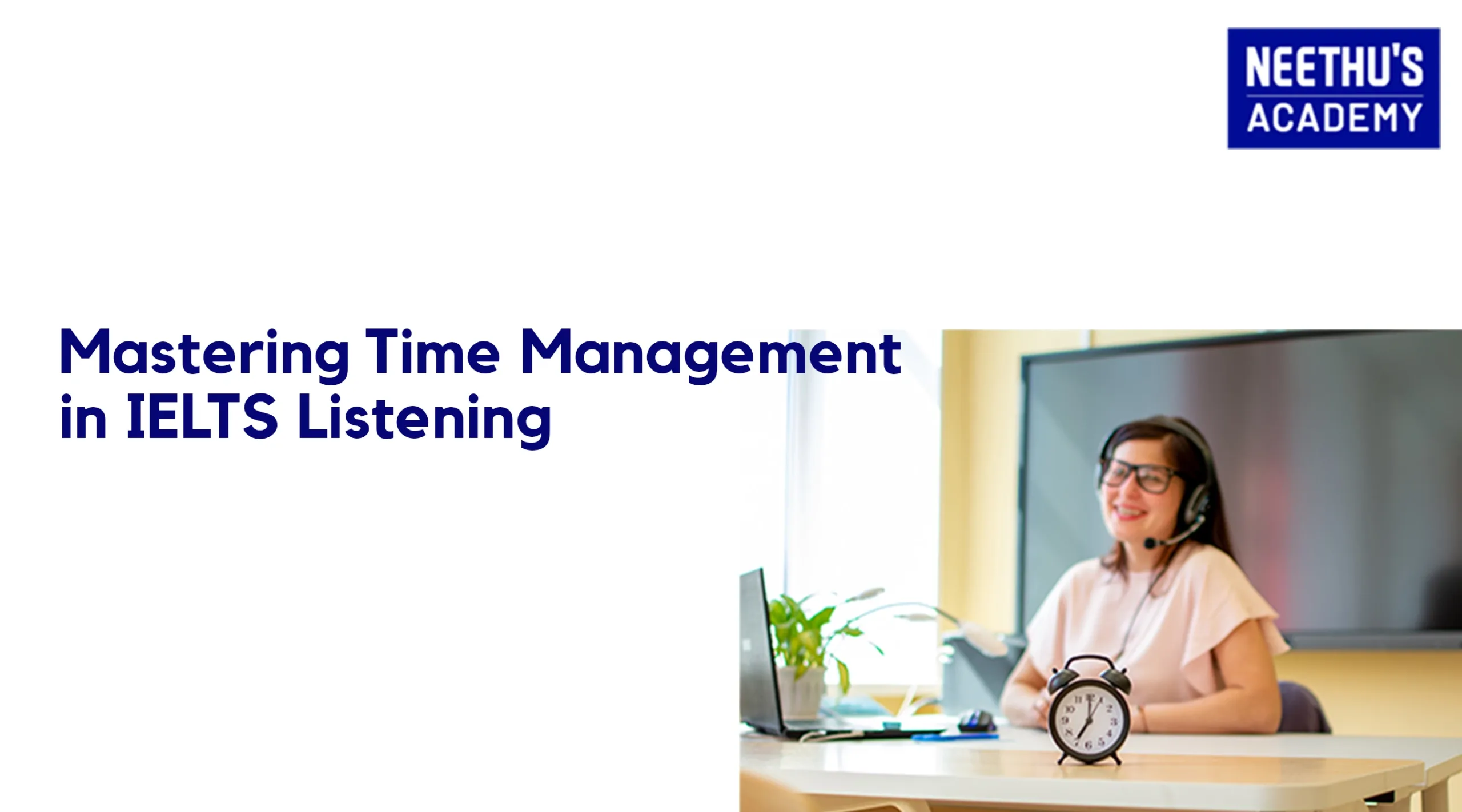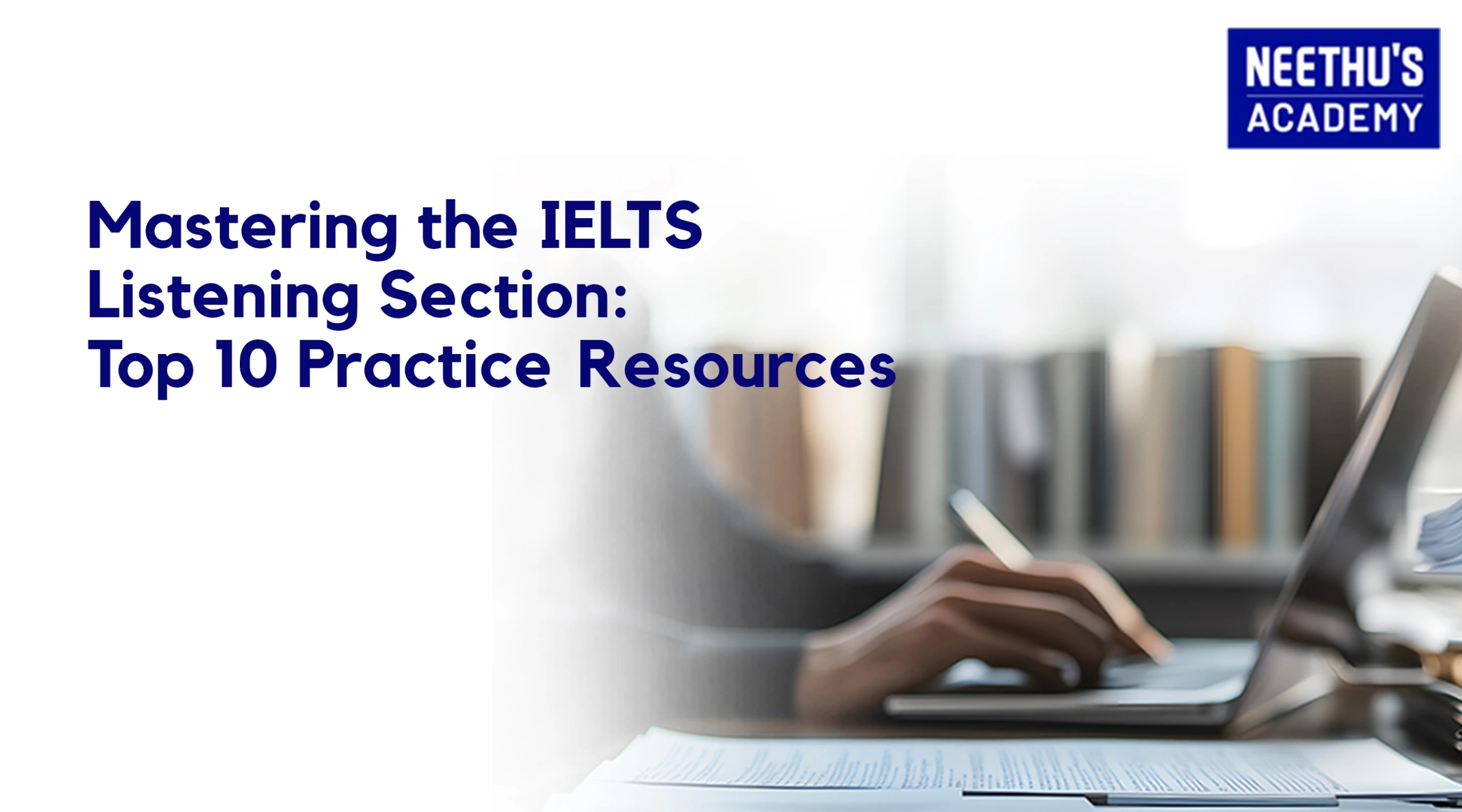How to improve reading skills for IELTS
We all know that reading books opens the door to expanded vocabulary and the ability to succeed academically. While a reading habit is essential for everyone, it is even more important for IELTS candidates. Reading exposes you to different styles, helps you understand texts easily, and enables you to learn how to use different sentences accurately in the IELTS Writing Test. You need to master reading skills to get a high IELTS score. If you are interested in learning more about the importance of reading habits, we are going to share some of the most important reasons with you.
What is the importance of reading?
1. Expands Your Knowledge: Reading books is a wealthy source of data. When developing a habit of reading, you broaden your knowledge. With each book you read, you get to know about different people, cultures, places, diverse societies and actualities. In fact, people who read, clearly tend to be more astute than individuals who do not. It is also proven that people with good reading habits show signs of higher intelligence.
2. Improves Your Communication Skills: While reading, you memorize some infrequent words and more complex vocabulary. It would be very beneficial if you try to find out the meaning or the synonym of all these words. This will improve your communication skills, both reading and writing, which will be beneficial during IELTS writing, speaking, listening, and reading tests.
3. Improves Contextual Understanding: Contextual understanding of the same words used in a different meaning can be understood better when you develop reading habits. You can assimilate the spellings of words or phrases in the English language and learn how to use them in different scenarios.
4. Boosts Your Self-Confidence: When you develop good reading skills, you will be able to portray your self-image in a better way. And this helps you build on your self-confidence levels.
Now, let’s have a look at the IELTS reading test format:
IELTS Reading assesses a variety of reading skills, and while the question structures are identical for the Academic and General Training tests, the text styles are different. There are three sections to the Reading test, and you will have about 60 minutes to respond to 40 questions.
Test format
The 40 questions on the IELTS Reading test evaluate a variety of reading skills. These include:
Skimming – reading for gist and to understand the main idea
Scanning – reading quickly to locate a specific piece of information
Reading for detail – reading to understand a logical argument, opinions, attitudes and the writer’s purpose
Time limit during the IELTS Reading test
You have 60 minutes to complete 40 questions, so managing your time is crucial. There are three sections in the Reading test, and you should aim to spend no more than 20 minutes on each section. As the test progresses, the sections ascend in terms of difficulty, so make sure you allow yourself enough time to complete each of the sections.
Taking time out to read can make all the difference when it comes to improving reading skills for IELTS and boosting your IELTS reading score. Reading speed is an important aspect of test preparation. If you want to know how to improve your reading skills for IELTS, you need to apply effective strategies.
There are many tips you can use to improve your reading skills in IELTS and boost your IELTS performance, and many of them only take some practice.
- Consistent Practice is Key: Allocate daily dedicated time to engage with diverse English reading materials. Select a wide array of topics, encompassing articles, essays, and IELTS-specific reading passages. By practising regularly, you will notice gradual yet considerable improvements in your reading in IELTS and comprehension.
- Develop Skimming and Scanning Techniques: Master the skill of skimming the text swiftly to grasp a general understanding of its content and structure. Pay close attention to headings, subheadings, and keywords. Moreover, train your ability to scan for particular information by rapidly seeking answers to questions or locating specific details.
- Expand Vocabulary: A strong vocabulary is essential for understanding a wide range of texts. Learn new words regularly and understand their usage in context. Use flashcards, language learning apps, or vocabulary books to enhance your word bank.
- Identify Question Types: if you want to learn how to improve reading skills for IELTS, familiarise yourself with the various question types in the IELTS reading section, including multiple-choice, matching, true/false/not given, and short-answer questions, and learn the appropriate strategies to approach each question type effectively.
- Predict Answers: To improve your reading skills in IELTS, attempt to make predictions about potential answers before reading the entire question. By skimming the passage and gathering key information, you can narrow down your focus and locate the relevant details more effectively.
- Manage Your Time: Efficient time management is essential for improving IELTS reading. Allocate no more than 20 minutes for each section. If you encounter a particularly challenging question, skip it temporarily and return to it later if there’s time left.
- Practice Under Test Conditions: To improve the IELTS reading, it is crucial to practice under test conditions. Familiarize yourself with past papers or official practice tests to simulate the real exam’s time constraints and pressure, helping you build confidence and improve your performance.
- Improve Reading Comprehension: Improve your reading skills in IELTS by engaging with diverse and complex texts. After reading, practice summarizing the main points, arguments, or ideas to ensure a thorough understanding of the material. This approach will help you strengthen your comprehension skills and perform better in the IELTS reading section.
- Eliminate Distractions: To optimize your IELTS reading practice sessions, choose a quiet environment free from distractions while working on improving your reading skills. This focused setting will aid in maintaining concentration and enhancing your reading speed effectively
Keep in mind that enhancing your reading skills in IELTS and achieving a higher IELTS score requires dedication and effort. Your test will not be nearly as difficult if you learn how to improve reading in IELTS.
Importance of time management in the IELTS exam
Time management plays an important role in the successful execution of the IELTS exam. With its strict time limits and multiple sections to cover, effective time management is essential for achieving the desired scores. The IELTS test comprises various components, including Reading, Listening, Reading, Writing, and Speaking each with its allocated time frame.
Failure to manage time efficiently can lead to rushed answers, incomplete responses, and increased stress levels. By implementing effective time management strategies, test-takers can optimise their productivity, maintain focus, and allocate sufficient time to each section. This ensures a balanced approach, allowing for thorough comprehension, thoughtful responses, and overall better performance in the IELTS test.
Furthermore, time management allows candidates to monitor their progress, review answers, and make necessary adjustments within the given time constraints. Ultimately, mastering time management is key to attaining success in the IELTS test and showcasing one’s language proficiency to the fullest extent.
Tips to manage time in the IELTS Exam
Effective time management is crucial when tackling the IELTS Reading section. To help you optimise your performance, here are valuable tips to manage your time efficiently:
- Skim through the passage: Instead of reading every sentence in detail, quickly skim through the entire passage to grasp its main points. Focus on headings, subheadings, and key information that will aid you in locating answers later.
- Pay attention to the introduction and conclusion: The author’s viewpoint is often expressed in these sections. You can answer many questions accurately by thoroughly reading the introduction and conclusion. Afterwards, skim through the body of the passage.
- Identify keywords: Spotting keywords associated with the passage’s concepts is crucial. Underline or highlight these words while skimming through the text. This technique can assist you in answering a majority of the questions.
- Read all questions before answering: Before delving into answering, take a glance at all the questions. Remember that questions appear in groups, so familiarise yourself with the question set. Highlight key information words in the questions, leveraging the already skimmed passage to facilitate finding the answers.
- Answer every question: Even if you cannot find the exact answer or option, attempt to answer every question. Incorrect answers do not result in negative markings, so make an educated guess to increase your chances of getting it right.
- Check your answers: Allocate at least 20 minutes to review and check your answers. This step can significantly enhance your IELTS Reading score. Utilise practice materials available on our website to time yourself and perfect your approach.
With proper time management in IELTS preparation and effective dedication, you can conquer the challenges of the IELTS Reading section, ultimately achieving an outstanding score. But, being patient with your progress and maintaining consistency in your practice is equally important wherein only a perfect guide will be of good use and Neethu’s Academy’s online sessions will direct you with it. Associating with Neethu’s academy, you will observe substantial improvements in your reading abilities, leading to better performance in the IELTS reading section.




